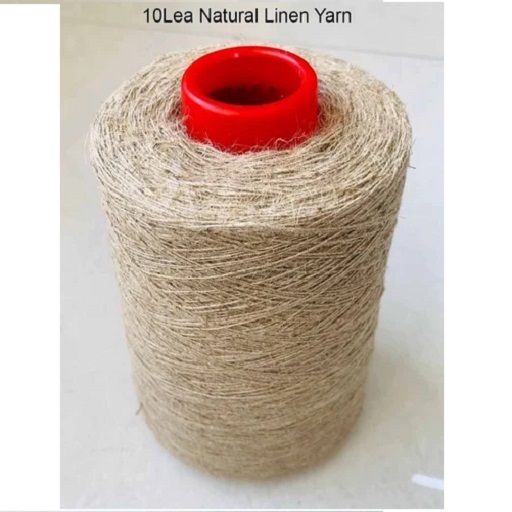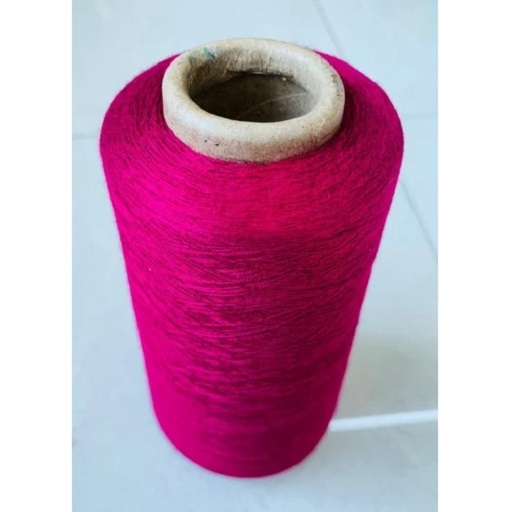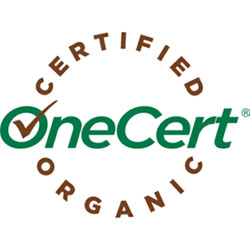Exploring Organic Fiber and Yarn Suppliers in India
The textile industry is increasingly shifting towards sustainable and eco-friendly practices, driven by growing consumer demand for environmentally conscious products. Organic fibers and yarns have emerged as key components in sustainable textile production, offering benefits such as reduced environmental impact, ethical sourcing, and superior quality. In India, a country known for its rich textile heritage and diverse natural resources, numerous suppliers, wholesalers, and dealers specialize in offering organic fibers and yarns to meet the needs of conscious consumers and businesses. Let's explore the world of organic fiber and yarn suppliers in India, their sourcing practices, product offerings, and the advantages of choosing organic materials.
Importance of Organic Fiber and Yarn
Environmental Sustainability:
Organic fibers and yarns are derived from natural sources such as cotton, wool, silk, and hemp, cultivated using organic farming practices. These materials are free from synthetic pesticides, fertilizers, and genetically modified organisms (GMOs), leading to reduced environmental pollution, soil degradation, and water contamination.
Ethical Sourcing:
Organic fiber and yarn suppliers in India prioritize ethical sourcing practices, ensuring fair wages, safe working conditions, and equitable treatment for farmers, workers, and artisans. By choosing organic materials, businesses support sustainable livelihoods and promote social responsibility within the textile industry.
Connecting with Organic Fiber and Yarn Suppliers
1. Organic Cotton Cooperatives:
India is one of the largest producers of organic cotton globally, with numerous cooperatives and farmer groups dedicated to organic cotton cultivation. These cooperatives work directly with farmers to produce high-quality organic cotton fibers and yarns, offering traceability and transparency in the supply chain.
2. Sustainable Textile Associations:
Explore sustainable textile associations and organizations in India that promote the use of organic fibers and yarns. These associations collaborate with small-scale producers, artisans, and manufacturers to develop sustainable sourcing practices and offer a wide range of organic textile materials.
3. Online Platforms and Marketplaces:
Online platforms and marketplaces dedicated to sustainable and eco-friendly products provide a convenient way to connect with organic fiber and yarn suppliers in India. These platforms showcase a diverse selection of organic materials, catering to the needs of businesses, designers, and consumers.
Benefits of Choosing Organic Fiber and Yarn
-
Quality and Performance: Organic fibers and yarns are known for their superior quality, softness, and durability. These materials undergo less chemical processing and retain their natural properties, resulting in textiles that are comfortable, breathable, and long-lasting.
-
Environmental Conservation: By opting for organic fibers and yarns, businesses contribute to environmental conservation and biodiversity preservation. Organic farming practices promote soil health, water conservation, and wildlife habitat protection, mitigating the negative impacts of conventional agriculture on ecosystems.
-
Consumer Confidence: Organic certification ensures that fibers and yarns meet stringent standards for organic production, processing, and labeling. Certified organic textiles provide consumers with confidence in the authenticity and integrity of the products they purchase, fostering trust and loyalty.
Popular Types of Organic Fiber and Yarn
-
Organic Cotton: Organic cotton is cultivated without the use of synthetic pesticides, herbicides, or GMOs, making it a sustainable and eco-friendly choice for textiles. Organic cotton fibers and yarns are versatile and used in a wide range of products, from apparel and home textiles to accessories and upholstery.
-
Organic Wool: Organic wool is sourced from sheep raised on organic farms that adhere to strict animal welfare and environmental standards. Organic wool fibers and yarns offer warmth, insulation, and moisture-wicking properties, making them ideal for cold-weather garments and outdoor wear.
-
Organic Hemp: Organic hemp fibers and yarns are derived from the hemp plant, known for its strength, durability, and sustainability. Hemp cultivation requires minimal water and no pesticides, making it one of the most eco-friendly fibers available. Organic hemp yarns are used in various applications, including apparel, accessories, and home textiles.
Certifications for Organic Fiber and Yarn
-
Global Organic Textile Standard (GOTS): GOTS certification ensures that fibers and yarns meet strict environmental and social criteria throughout the supply chain. Organic fiber and yarn suppliers in India often seek GOTS certification to demonstrate their commitment to sustainability and transparency.
-
Organic Content Standard (OCS): The OCS certifies the presence and percentage of organic material in a final product, providing assurance to consumers that organic fibers and yarns are genuinely organic. OCS certification verifies that fibers and yarns are sourced from organic farming practices.
Embracing Organic Fiber and Yarn for Sustainable Textiles
Organic fibers and yarns offer a sustainable and eco-friendly solution for businesses and consumers seeking ethically produced textiles. By connecting with trusted organic fiber and yarn suppliers in India, businesses can access high-quality materials that promote environmental stewardship, social responsibility, and innovation in the textile industry. Embrace the benefits of organic materials and contribute to a more sustainable and vibrant future for textile production and beyond.





